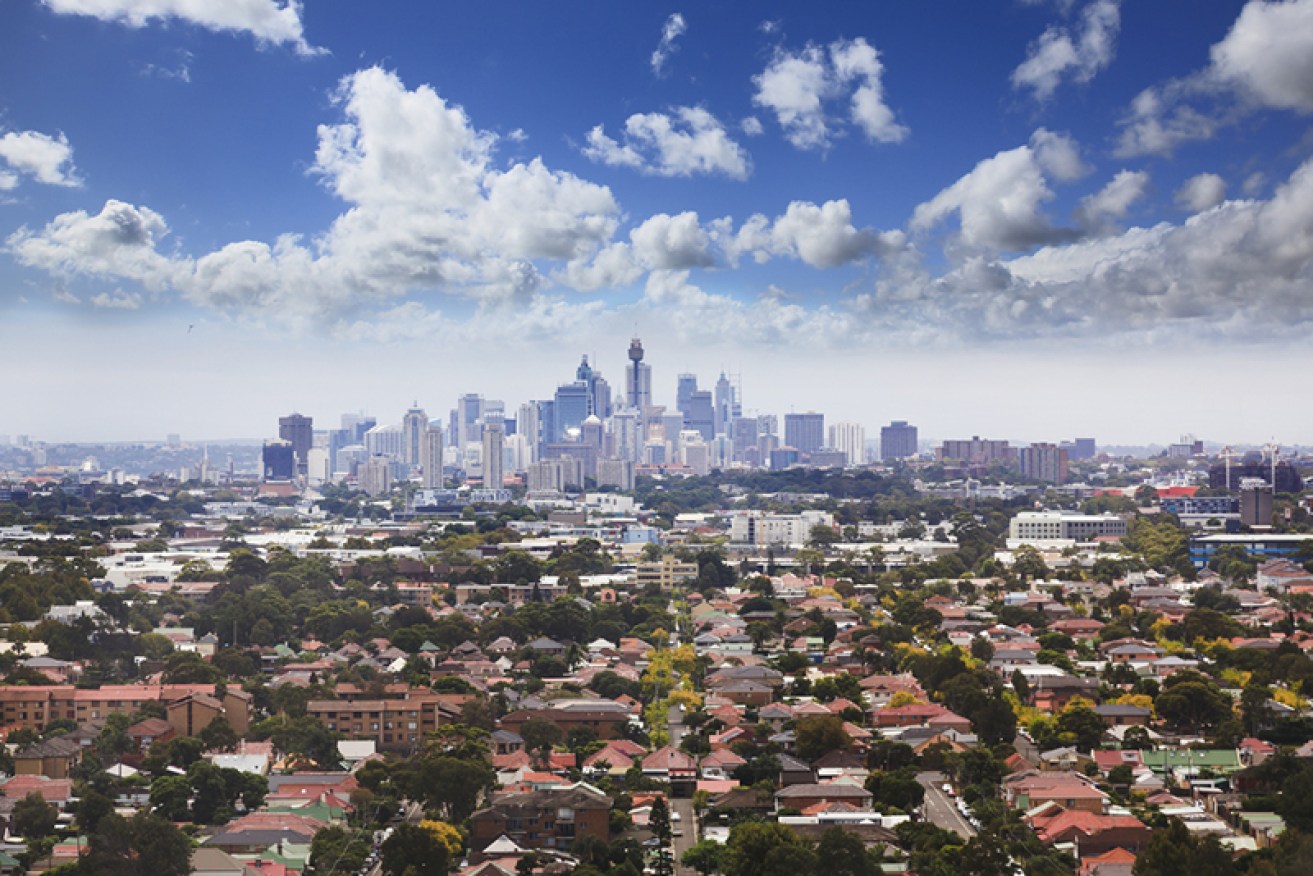Australia’s shame over income inequality


Photo: Shutterstock
Australia is a lot less equal than Denmark but a lot more equal than the United States, according to a new study by the OECD.
The study, titled ‘In It Together – why less inequality benefits us all’, found that, of the 34 OECD nations, Australia was the fourteenth ‘most unequal’ in terms of income.
Its level income inequality was just above the OECD average.
• Why Australia is the ultimate first world nation
• UN warns of growing inequality
The worst performer was Chile, closely followed by Mexico. Turkey and United States followed, with Israel in fifth place.
The United Kingdom was the most unequal European nation, even though GDP and employment figures suggest it has one of Europe’s strongest economies.
New Zealand was the twelfth most unequal.
At the other end of the scale, Denmark was the most equal country in the OECD, followed by Slovenia, the Slovak Republic, and Norway.
The top 16 most equal nations were all in Europe, with the majority being in the north-west. They included Sweden, Germany, Finland, Iceland and the Czech Republic.
Since the 1990s, income inequality has grown in Australia.
Currently the top 10 per cent of income earners earning nine times as much as the bottom 10 per cent. In the 1990s, the ratio was 8:1.
Australia scored better on wealth equality. The top 10 per cent owns 45 per cent of the nation’s wealth, compared to the OECD average of 50 per cent.
However, when it came to poverty among the elderly, Australia scored very badly. The study found the 33.5 per cent of 66-75 year olds live in poverty. That’s 2.5 times the OECD average.
Overall, the report pulled no punches, roundly condemning income and wealth inequality.
“The gap between rich and poor keeps widening. Growth, if any, has disproportionally benefited higher income groups while lower income households have been left behind.
“This long-run increase in income inequality not only raises social and political concerns, but also economic ones. It tends to drag down GDP growth, due to the rising distance of the lower 40% from the rest of society.
“Lower income people have been prevented from realising their human capital potential, which is bad for the economy as a whole,” it said.








